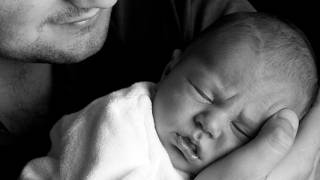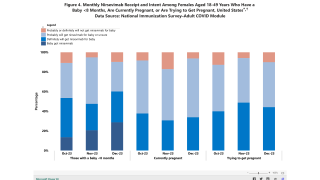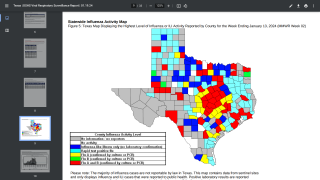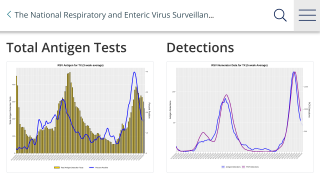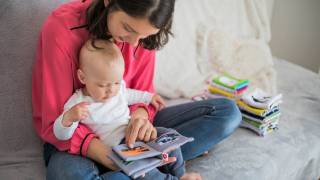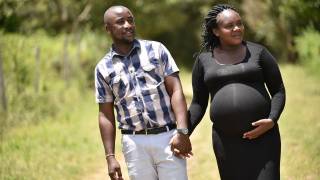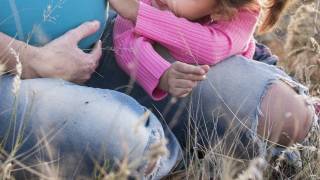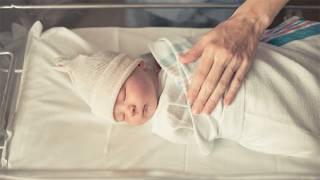Reduce Antimicrobial Use in Infants with Maternal RSV Vaccination
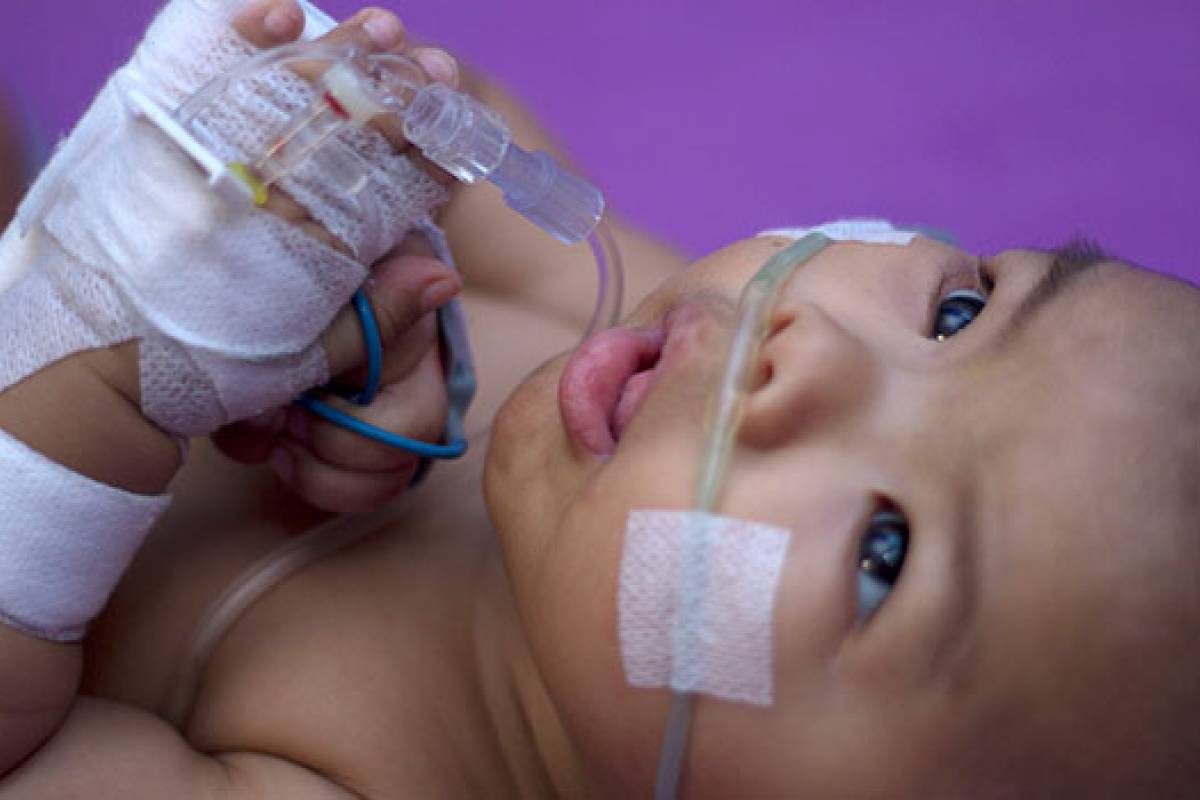
Innovative strategies are needed to reduce antimicrobial drug usage and minimize the expanding burden of antimicrobial resistance. The findings of a new study indicate Respiratory syncytial virus (RSV) vaccination as a potential contributor to achieving that goal.
While there are no U.S. FDA-approved RSV vaccines, their impact in one clinical trial has already been measured.
An analysis published in the Proceedings of the National Academy of Sciences on March 14, 2022, found that among infants of mothers randomized to receive an experimental RSV vaccine, any antimicrobial prescribing over the first 90 days of life was reduced by 12.9% (95% CI: 1.3 to 23.1%) compared with infants whose mothers' received a placebo.
Maternal study participants were randomized to receive a 0.5-mL intramuscular injection, either a 120-µg dose of RSV F protein dose, adsorbed to a 0.4-mg dose of aluminum as the phosphate salt or a phosphate salt placebo formulation buffer without aluminum.
In a double-blind trial undertaken across 11 countries, RSV vaccine efficacy against antimicrobial prescriptions associated with acute lower respiratory tract infections (LRTIs) was 16.9% (95% CI: 1.4 to 29.4%).
Over the first 3 months of life, maternal vaccination prevented 3.6 antimicrobial prescription courses for every 100 infants born in high-income countries and 5.1 courses per 100 infants in low- and middle-income countries, representing 20.2 and 10.9% of all antimicrobial prescribing in these settings, respectively.
While LRTI episodes accounted for about 73% of all antimicrobial prescribing prevented by maternal vaccination, striking vaccine efficacy (71.3% [95% CI: 28.1 to 88.6%]) was also observed against acute otitis media–associated antimicrobial prescription among infants in high-income countries.
'Our findings implicate RSV as a cause of substantial volumes of antimicrobial prescribing among young infants and demonstrate the potential for prevention of such prescribing through use of maternal vaccines against RSV,' wrote these researchers.
Virtually all children get an RSV infection by the time they are two years old.
Most of the time, RSV will cause a mild, cold-like illness.
However, each year in the United States, an estimated 58,000 children younger than five years old are hospitalized due to RSV infection, says the U.S. CDC.
Since there is no vaccine yet to prevent RSV infection, healthcare providers usually give palivizumab to premature infants and young children with certain heart and lung conditions as a series of monthly shots during RSV season.
Additional RSV vaccines news is posted at PrecisionVaccinations.com/RSV.
Notes: These researchers did not disclose any industryconfliects of interest. And this news post edited the study's abstract for clarity and was curated for mobile readers.
Our Trust Standards: Medical Advisory Committee






